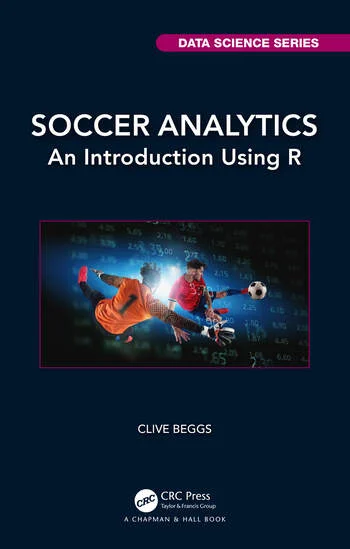Sports analytics is on the rise, with top soccer clubs, bookmakers, and broadcasters all employing statisticians and data scientists to gain an edge over their competitors. As such, soccer analytics is an influential new player in the world of professional football, with top clubs like Liverpool and Manchester City hiring PhD physicists and data scientists to run their data analytics operations and assist managers and directors in making informed decisions.
At its heart, soccer analytics is all about prediction, with clubs, bookmakers and fans all wanting to know the likely outcome of forthcoming matches, or where teams will finish in the league at the end of the season. Similarly, before spending huge sums of money on new players, clubs want to know how many goals a target player is likely to score, and their resale value when they are eventually sold on. Therefore, any tool that can help clubs to make better decisions is going to be very useful, which is why soccer analytics has become a feature of the modern game.
On the pitch, prediction is also important, because managers have to make strategic decisions during matches. So for example, if a manager is considering replacing a player with a substitute, any insights that will assist them in making the right decision are going to be extremely helpful. The margins in professional sport are very slim. Anything that gives the manager an edge over their opposition can make the difference between success and failure. However, the crystal ball that can predict the future has not yet been invented. So, in the absence of a crystal ball, football clubs have to turn to the next best thing, data analysis, which in the hands of skilled data scientists can yield valuable insights to assist in superior decision making.
Soccer Analytics: An Introduction Using R
For those interested in learning how to analyse soccer-related data and make predictions, a new book, Soccer Analytics: An Introduction Using R, published in the Chapman & Hall data science series, provides a comprehensive introduction to the subject. This book is aimed at all those with an interest in analysing soccer data, be they fans; those interested in sports betting; sports scientists; coaches; or data scientists and statisticians wishing to pursue a career in professional soccer.
The book takes a practical route one approach designed to show readers how to successfully tackle a range of soccer related problems, using the easy-to-learn computer language R. Through a series of easy-to-follow examples containing fully working code, the book explains how R can be used to analyse soccer data, make predictions, and evaluate match play.
Copyright: Clive Beggs
